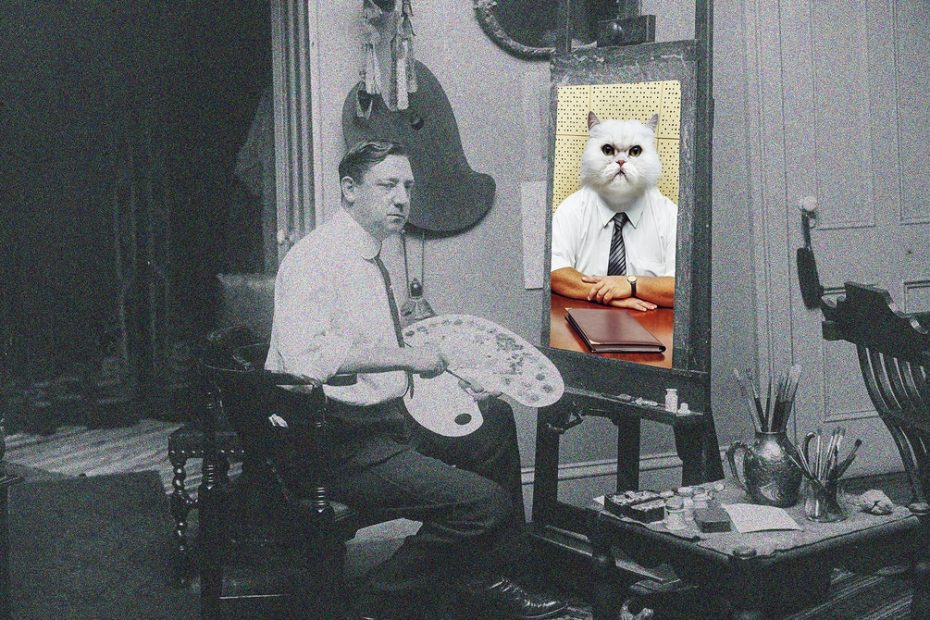The backlash against image and video synthesis isn’t just aimed at creative app developers. Hardware manufacturer Wacom and game publisher Wizards of the Coast faced criticism and apologized after using AI-generated content in their marketing materials. Toys “R” Us also faced backlash after launching an AI-generated commercial. Companies are still struggling to balance the potential benefits of generative AI with the ethical concerns it raises.
Artists and critics respond
So far, Procreate’s anti-AI announcement has been met with mostly positive reactions in comments on the social media post. In one much-liked comment, artist Freya Holmér on X wrote, “This is much appreciated, thank you.”
Some of the more vocal opponents of image synthesis also responded positively to Procreate's move. Karla Ortiz, a plaintiff in a lawsuit against AI image generator companies, replied to Procreate's video on X: “Whatever you need at any given moment, know that I'm here!! Artists support each other and also support those who make it possible for us to keep doing what we do! So thank you for everything you all do and I'm so excited to see what the team does next!”
Artist RJ Palmer, who sparked the first major wave of AI art backlash with a viral tweet in 2022, also responded to Cuda's video statement, saying, “That's the way to send a message. Now if you guys could just get a full-force competitor to do it.” [Photoshop] on desktop with plugin support. Until someone can build a real competitor at a high level [Photoshop] use, I'm stuck with it.”
A few pro-AI users also commented on the X post, including AI-augmented artist Claire Silver, who uses generative AI as an accessibility tool. She wrote on X: “Most of my early work was done with a combination of AI and Procreate. 7 years ago, before text to image was even a thing. I loved Procreate because it used technology to increase accessibility. Like AI, it augmented trad skills to allow more people to create. No rules, just tools.”
With AI image synthesis still a highly charged topic among some artists, affirming its support for human-centric creativity could be an effective differentiated marketing move for Procreate, which currently plays the underdog to creative app giant Adobe. While some may prefer AI tools, in an (ideally healthy) app ecosystem, people can follow their conscience in illustration apps with personal choice.
Procreate’s anti-AI stance is a bit risky, as it could polarize some of its user base. And if the company changes its mind about incorporating generative AI in the future, it will have to back off its promise. But for now, Procreate is confident in its decision: “In this technological rush, this could make us an outlier or risk being left behind,” Procreate wrote. “But we see this path less traveled as the most exciting and fruitful for our community.”
This story originally appeared on Ars Technica.

